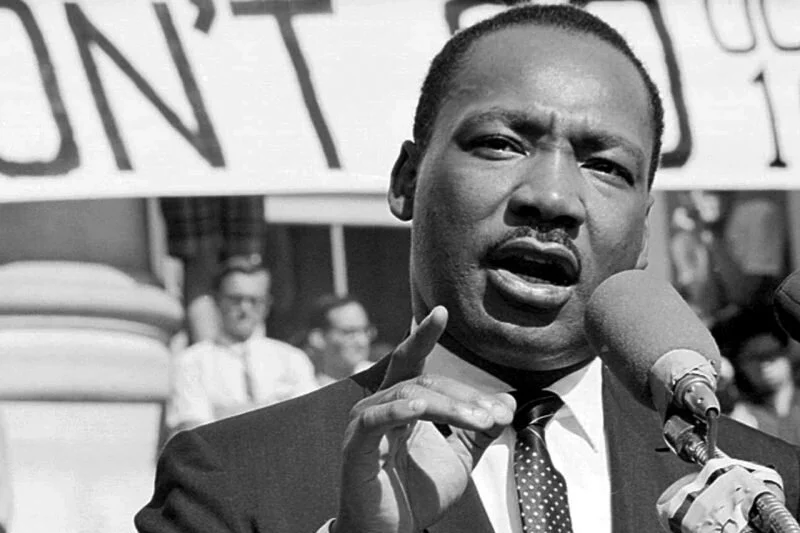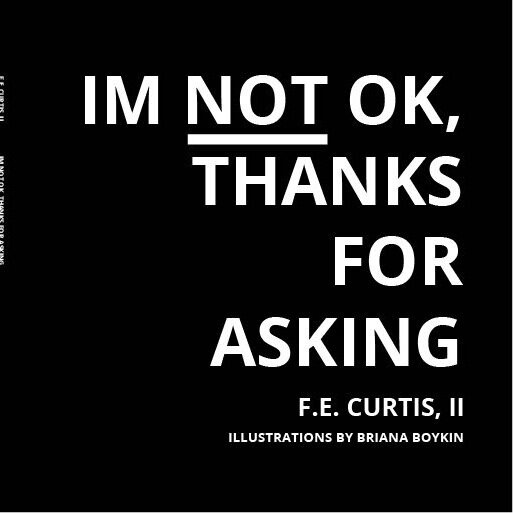It's Time to Kill the Whitewashed King
The annual celebration of the late King’s life has veered from reverence to mythology. We can’t wait any longer to correct it.
For the better part of a century, the White moderate has proven to be a strategic and masterful tactician. At the heart of their work is the commitment to performative actions around issues of racial inequality, and an intentional altering of American history. We all take social studies, yet few of us learn in grade school that the Civil War was about preserving the union, and ending slavery was an ancillary consequence of the outcome. We call Confederate’s soldiers instead of traitors, permit the largest public university in the state of Mississippi to keep calling themselves the Rebels, and casually walk down Jefferson Davis Highway and Robert E. Lee Boulevard. Trust me when I say – there are no Adolf Hitler Drive’s in Munich or Berlin.
As we celebrate the life and accomplishments of the late Dr. Martin Luther King Jr. this holiday, I remain conflicted about what it has become. More recently, we’ve characterized MLK Day as a day of service, not a day of rest. It’s a chance to get off the couch and go serve others, a motto that King would surely appreciate and permit. That being said, in a country that has one of the worst records on paid family time off and sick and parental leave, isn’t it a bit disingenuous to insist that this holiday is about giving back?
In a way, it’s in line with what America has always fancied itself on – the exploitation of Black bodies, generosity and forgiveness. President John F. Kennedy once instructed in his inaugural address to “Ask not what your country can do for you. Ask what you can do for your country.” And yet, President’s Day is seen as an extended weekend for hibernating with hot chocolate bombs and binge-watching television shows. Last time that I checked, homeless shelters were open in February too.
More than any other historical figure, King’s legacy has been hijacked by a White supremacist framework that looks to devalue his Civil Rights contributions to sheer passivity. Yes, injustice anywhere is a threat to justice everywhere, but can we include the part where he talked about not following unjust laws? About challenging illegal injunctions? About standing up to the godless defiance of Bull Connor and Ross Barnett, and calling out President Lyndon Johnson on his own misguided murderous tirade in Vietnam?
The last act of King’s life took place in Memphis, Tennessee, where he was determined to execute a peaceful demonstration on behalf of sanitation workers. Weeks earlier, two workers had been killed, crushed to death in the back of a trash truck, because Memphis segregationists wouldn’t allow Black men to take cover from a dangerous thunderstorm in their White establishments. As King embarked on what would be his final journey, his flight was delayed because of credible bomb threats. Even after having the plane under surveillance all night, the airline still needed one last sweep before takeoff.
In lieu of where our country currently finds itself, King’s final chapter is a fitting and relevant case study in insurrection and violence. In 1958 he was stabbed, yet he lived. His home was bombed in 1956, yet he survived. Bomb threats were made in 1968, yet he still traveled. Finally, on one fateful evening, an assassin’s bullet landed. Rather than his true self living on as a martyr willing to challenge racist systems to his literal death, King’s legacy has been lynched in far more profound terms than hatred could ever do in his life.
No one can look at the current state of America – a raging, out of control pandemic; a growing sector of right-wing terrorists organizing to start a civil war; economic inequality not seen since The Great Depression – and say this isn’t a failed state. Yet history, when we are willing to examine it in its honest and most true forms, has the ability to provide road maps to a better tomorrow.
Towards the end of his life, King came to realize that maybe his focus on desegregation was a mistake, and that more of his ministry should have centered on economic equality and the redistribution of wealth to Black people. In his final meeting with Harry Belafonte, Belafonte quotes King as saying “I believe we’re integrating into a burning house.”
The whitewashed King the White moderate has compelled us to embrace is a fairytale myth beyond the likes of Star Trek. King was principally non-violent, yet a violent legal agitator. He was an exceptional orator and didn’t parse critique based on political calculation. He had a conviction steeped in truth, regardless of what truth may have led to.
In his final speech, King once again drove home the hypocrisy of America.
If I lived in China or even Russia, or any totalitarian country, maybe I could understand the denial of certain basic First Amendment privileges, because they hadn’t committed themselves to that over there. But somewhere I read of the freedom of assembly. Somewhere I read of the freedom of speech. Somewhere I read of the freedom of the press. Somewhere I read that the greatness of America is the right to protest for right. And so just as I say, we aren’t going to let any injunction turn us around. We are going on.
It’s not so much that we’re not free people. If we lived in a nation that didn’t market freedom like cell phone companies hype 5G, our desire for equality, and the lengths by which we’re willing to fight to accomplish it, could reasonably be perceived as misplaced. But as it is, we live in the greatest nation on Earth. The wealthiest enclave the history of human civilization has ever seen. A divinely set apart stretch of land, protected by two vast oceans, where any person willing to work hard enough to achieve the dream of economic prosperity and independence can climb the ladder and do so.
Meanwhile, federal minimum wage hasn’t been raised in 12 years, healthcare is seen as a commodity instead of a human right, the racial wealth gap widens exponentially, and the outgoing president makes Ronald Reagan’s racial undertones read like an episode of Paw Patrol.
This summer, in the wake of more state sanctioned killings of Black people, cities across America burned in protest. The real King had a feeling that this building was burning down. If we don’t kill the Whitewashed one soon, we might also die inside of it.
F.E. Curtis, II is a political strategist and author of the poetry book I'm NOT Okay, Thanks for Asking.










